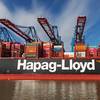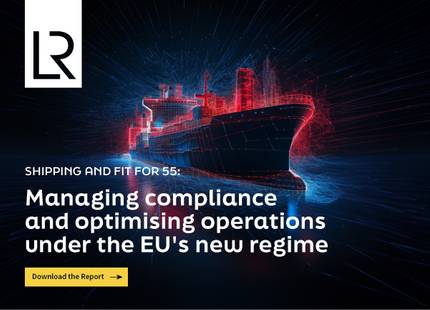Kurdish Crude Oil Tankships: End-Game Still in Doubt
After a legal show-down in Texas this week, the outlook for a handful of tankers holding some $300 million worth of Kurdish oil is not looking good.
Seemingly unable to find enough buyers willing to take a risk on million-barrel cargoes of disputed crude, the Kurdish authorities are paying over $75,000 a day to keep all three far-flung vessels afloat. A fourth ship began filling up at a terminal on the Turkish coast on Thursday, potentially adding to the tally, Reuters reported.
Unless they can seal last-minute discreet sales or reach some kind of deal with Baghdad over how to share oil revenues, experts say, chances are slim of unloading ships now dotted around the globe, from Texas to Malaysia. In total, they have already been at sea for nearly half a year.
"There will not be many people who will want to take the cargo in circumstances where there is a dispute about the ownership of it," said Ben Knowles of law firm Clyde & Co.
Iraqi Kurdistan is exporting crude oil independently of Baghdad in a bid toward seizing greater political and economic autonomy, in spite of Baghdad's protests that it has the sole authority to sell Iraqi oil.
"As long as the dispute is rumbling on, it would be very difficult for anyone to use the cargo because they will potentially face exposure if they do," Knowles said.
Kurdistan's biggest U.S. buyer LyondellBasell said on Thursday it will not buy any more of the disputed oil.
In the modern maritime world, satellite vessel tracking technology and a globally networked shipping system make it nearly impossible for the Kurds to quietly unload the vessel at some remote port without the intervention of Baghdad, which says the oil has been illegally sold outside its control.
The ships' fate grew dimmer on Tuesday after Baghdad won a U.S. court order to seize one of those tankers, the United Kalavrvta, which had crossed the Atlantic to anchor a few miles off the port of Galveston at the weekend. While the Federal judge said she lacked jurisdiction as the tanker outside U.S. territorial waters, the message was clear.
While shadowy traders or rogue nations may have been willing to take a chance with the oil in the past, at the right price, the cost of crossing Baghdad and irritating Washington is seen as too great for most global companies. And pariah states like North Korea lack the refineries necessary to utilize the crude. That does not seem to be stopping them from trying.
The partial sale is unlikely to alter the tough task ahead for the Kurds.
Even if the half-cargo gets sold, "the Kurds will get a lower price selling in this kind of way and won't be anywhere next to the market rates they want to achieve," said Richard Mallinson with consultants Energy Aspects in London.
"It has proved to be more difficult than they expected because Baghdad has used a combination of diplomatic pressure with governments it has relations with, legal warnings to potential buyers and the action with the tanker in the U.S. That will have sent a message to most buyers," Mallinson said.
The Kurds have seized on recent sectarian chaos in Iraq to expand their autonomous northern territory to include Kirkuk, which sits on vast oil deposits.
(By Jonathan Saul)











